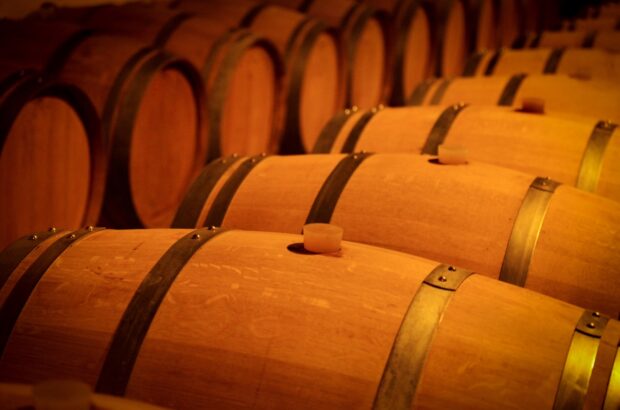Is it true that a wine can suffer from 'bottle shock' after travel?
Ged Cleugh, London, asks:
In a delectable wine shop in Le Marche, Italy recently, I was advised by an enthusiastic elderly gent to give a wine at least one month to rest on return to the UK before attempting to drink it.
Is there any science behind the notion that wine needs to settle once stirred in transit? And how much could such transit affect the taste if consumed sooner?
Jane Hunt MW replies:
This is one of those issues where opinions differ, because there is no specific science to support the need to allow a wine to ‘recover’ after travel.
A short period of ‘rest’ might be desirable for a red wine which has some maturity and/or is of high quality, in case there is sediment or the wine was bottled unfiltered.
I wonder what the wine you bought was? As an organiser of many tasting events over the years, where wine has travelled beforehand, I have not noticed negative effects of travel.
Taste and aroma, however, frequently show ‘dumb’ characteristics in the immediate period after bottling which we call ‘bottle shock’, and a period of rest in this instance is desirable.
This question first appeared in the November 2018 issue of Decanter magazine.
You may also like:






